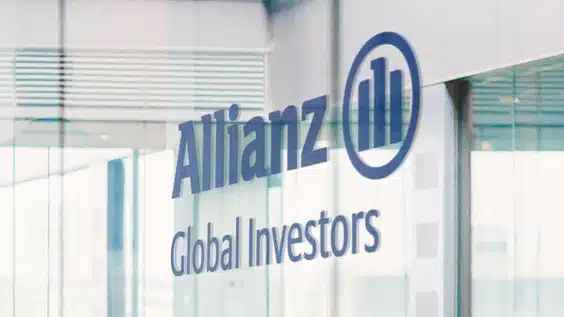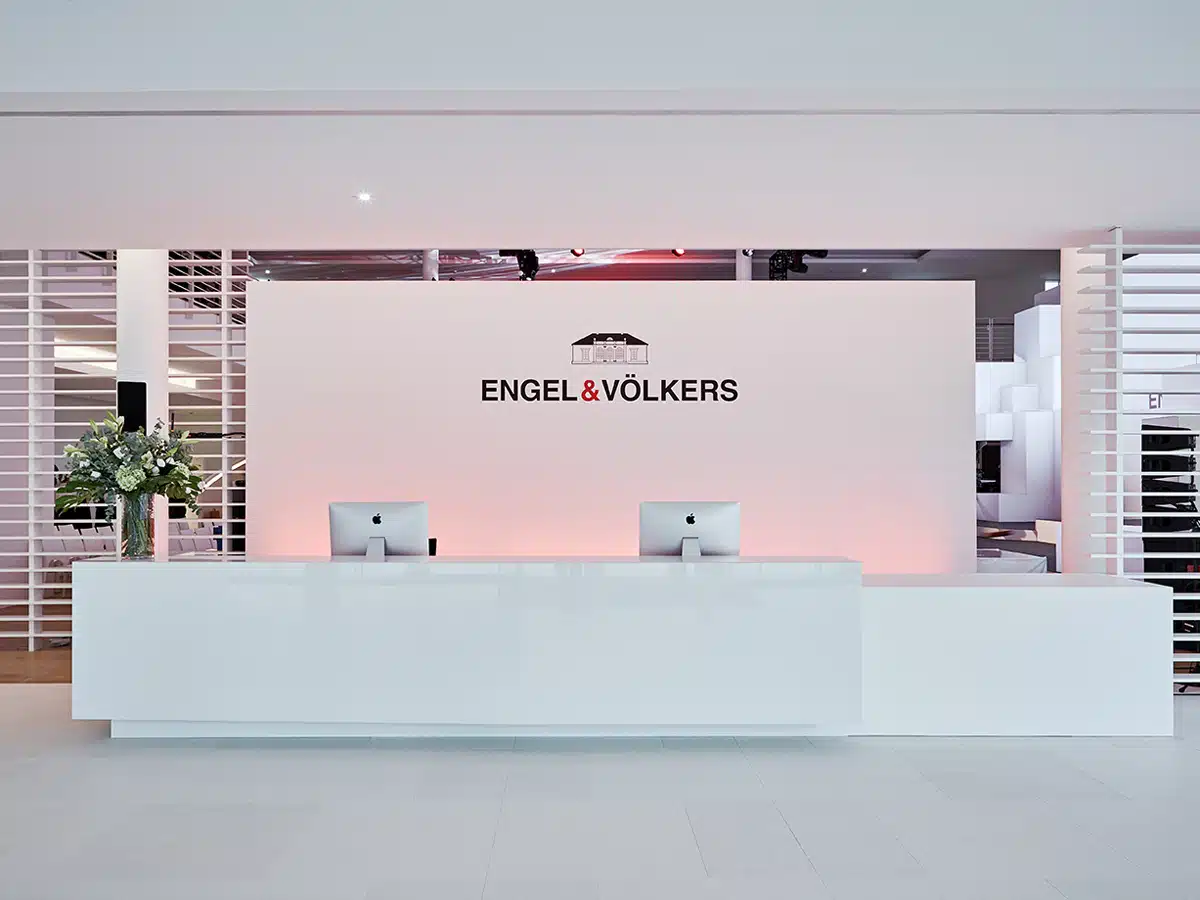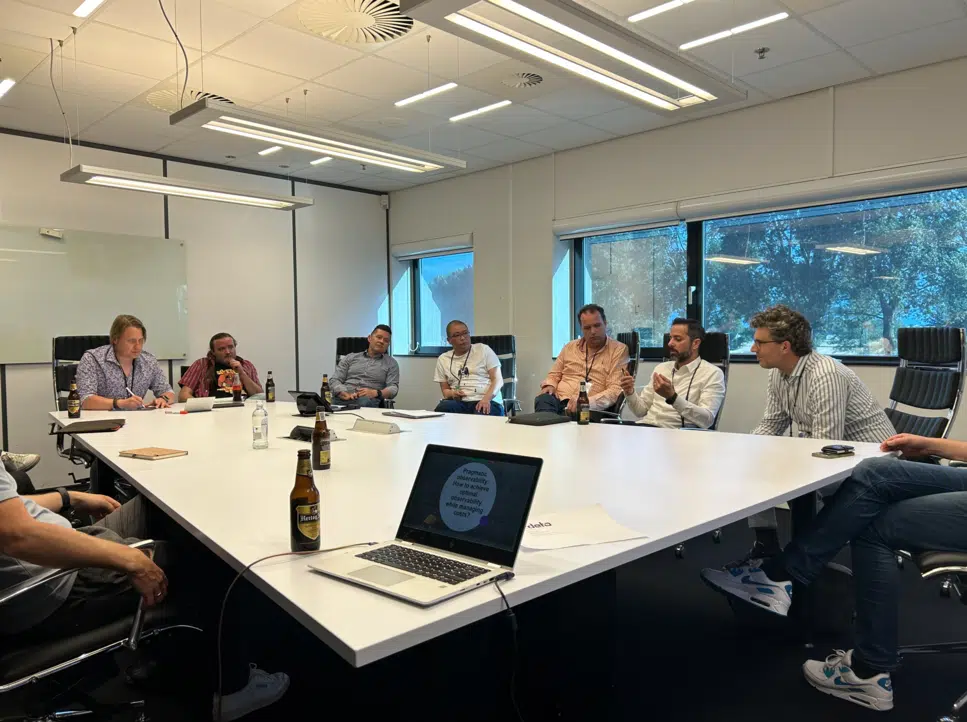We recently spoke with Inna Makarkina, Head of Talent Engagement at Spark Networks as part of our #TalentQA series where we interview leaders in talent management and recruitment from a range of businesses from tech startups to well-known fashion brands.
Inna talks about her experiences working as a recruiter all over the world, the changes she has seen in the behaviours of technical candidates, the strategies that she uses to attract and engage technical talent in today’s digital age and the importance of networking and attending community meetups.
Third Republic (TR): Could you explain a bit about your time working in Talent Acquisition and the changes you have seen throughout the years?
Inna Makarkina (IM): I studied Language at university, so nothing related to tech. But I had always had an interest in tech and love speaking to new people. In my first few recruitment roles after leaving university I worked in outsourcing and product companies. My first tech recruitment role was for Epam where I was a tech recruiter. I then started working for Paymentwall, where I helped to build out offices globally. I have been in Talent Acquisition and recruitment now for around 8 years.
In terms of trends and changes I have seen throughout the years, more recently I’m seeing moving from using job boards to more interactive sourcing – specifically I Germany. It’s a lot more of a passive market than it used to be. Very good candidates are less likely to apply for roles, so from a recruitment perspective it’s important to headhunt and actively source the great candidates.
With the rise in digital, the human factor in recruitment has become even more important. I make sure to attend plenty of meetups and connect with candidates and clients in person. Building networks is essential to your success as a recruiter. When you build a rapport with people, they are more likely to be receptive to you.
TR: You’ve worked across 6 different countries in Talent Acquisition roles. Could you talk a bit about the differences in hiring within the regions you’ve worked?
IM: During my time at Paymentwall as a Head of Recruitment I did a lot of travelling. I was responsible for the hiring across the business on a global scale, so travelled across Asia and Europe. It has been really interesting to compare different behaviours and cultures when it comes to hiring.
The differences in hiring are quite drastic. For example, in the Philippines you see everything from religion to height on CVs. Which is obviously very different to the US and Europe, where even salary expectations, marital status and even gender aren’t included. The interview processes also vary quite drastically, in Vietnam people take the process very seriously and are super organised. Whereas in the Philippines, it doesn’t matter so much if you miss an interview. You can even bring a friend along to interview for the same job. They’re not afraid of competition.
In Europe, people tend to stay longer in their roles – at least 2 years minimum. Whereas in Asia it’s completely different, people don’t worry about just switching jobs if they don’t like where they are. There’s a lot more movement in the Asia market.
TR: Throughout your time in talent acquisition, have you noticed a change in candidate behaviours?
IM: Definitely, I see changes every month especially in the tech industry in Germany. In tech hubs, like Berlin, it is getting harder to engage people. I think it’s so important now to provide candidates and clients with a personalised approach. In tech, there’s so much opportunity out there that you have to provide something different in order to stand out. As a recruiter it’s also important to be up to date with modern platforms and what’s going on in the community.
I have also seen a change in the types of company’s people are looking to work for. They’re get tired of working for the same businesses that aren’t changing. There’s a lot more focus on working for businesses who are making a difference. Candidates want to align their own values with the company that they’ll be working for. They want to feel as though they are improving people’s lives and brings value to society. They want to be a part of something.
TR: How should businesses react to the changes in candidate behaviours?
IM: Employer branding is key – you should be visible as a brand and engage with your candidates. For example, on LinkedIn we post a job of the week with a picture of the team. Things like this make the whole process feel more personal. People want to know who they’ll be working with. They want to get a feel for the company they might join, so that they can decide whether it’s for them.
Being a part of communities and being active within them is so important when it comes to employer branding. We recently hosted a Unicorns in Tech event which was specifically for the LGBT community and in November we’re co-hosting a Women in Tech event with Third Republic. We want to demonstrate the passion that we have for our community. We also value platforms like Glassdoor that provide our employees a place to really tell the story of what it’s like to work here.
TR: What challenges, if any, have you experienced when recruiting talent at Spark Networks?
IM: There are challenges that present themselves in any company really, simply because the industry keeps moving forward at such a rate. One challenge of a recruiter is being flexible. For example, we have processes in place for interviews, it’s important to be open and react to candidates. As much as processes are important it’s essential to be as flexible as possible with candidates nowadays. Candidate experience is everything and if you can demonstrate that you are flexible to their situation it’s only going to improve the process.
TR: What sort of strategies do you adopt in terms of attracting, engaging and securing talent at Spark Networks?
IM: We recently hosted an event and one of our top employees invited their friend along. This resulted in a great new hire for us. Based on this, referral schemes have been a big part of our hiring here at Spark Networks. They’re really helpful and we get some great candidates out of it. Who better than to sell your company than the employees?
Also, at Spark Networks, part of our employer branding USP is our relocation program. We are open to relocating people from all over the world. We help with flights, accommodation, visas. This allows us to tap into an even wider pool of talent and means the culture here is so varied. As part of the program, we also have German language classes that we offer to help people settle in.
TR: What emerging trends are you seeing in the talent acquisition industry?
IM: First of all, I’d say that roles are getting more and more difficult to fill. When I started my career 8 years ago, there were a lot of technical candidates approaching me for roles. Now, because there are so many tech roles out there, candidates are a lot more passive and you have to be actively searching for the top talent, as well as give them something to want to move for.
Another trend I’ve noticed, in terms of recruitment professionals, is that lot of people are becoming specialists in tech recruitment. Since tech is a growing industry, I’m finding there are so many specialist technical recruiters around. Finding specialist recruiters in other fields, such as marketing, is becoming more of a challenge.
TR: We live in an increasingly digital world; how can recruiters keep up to date with the ever-evolving technology and techniques in the industry?
IM: Staying up to date is key. I try to follow a number of different channels and groups in tech, recruitment, HR and the dating industry (as that’s what we do at Spark Networks). As a tech recruiter, it’s important to keep up with the industry or vertical that you work in. In order to be successful, you need to be a specialist, so you need to constantly be learning about the way your market works and the updates that might change things.
I’ve mentioned it quite a bit but attending meetups and networking events is so beneficial for recruiters at all levels. Be hands-on and actively sourcing whether you’ve just started out or you’re the Head of Talent Acquisition. Also, learning from your clients and candidates is helpful, they know their industry and are more than happy to talk about it.
TR: Finally, do you think that recruitment agencies can provide value in these competitive, fast-moving markets?
IM: Yes definitely, before joining Spark I worked in a recruitment agency. I realised how hard recruiters work and how engaged they have to be. Of course, there are a lot of agencies out there that aren’t very good. But the ones that are specialist and work closely with their clients provide a lot of value. The more you share from both sides, the better and more valuable the relationship will be.
If you’d like to take part in our #TalentQA series or you’re looking to source technical talent, get in touch today!




